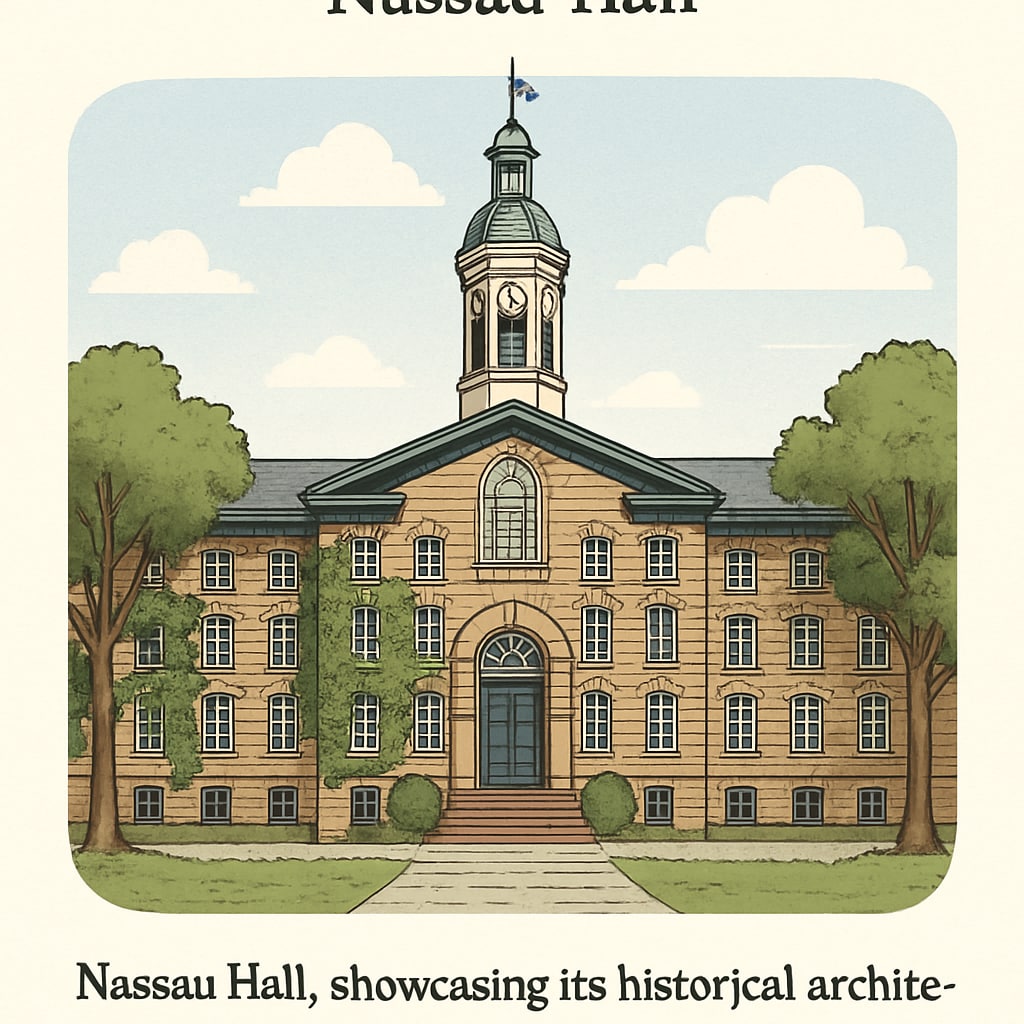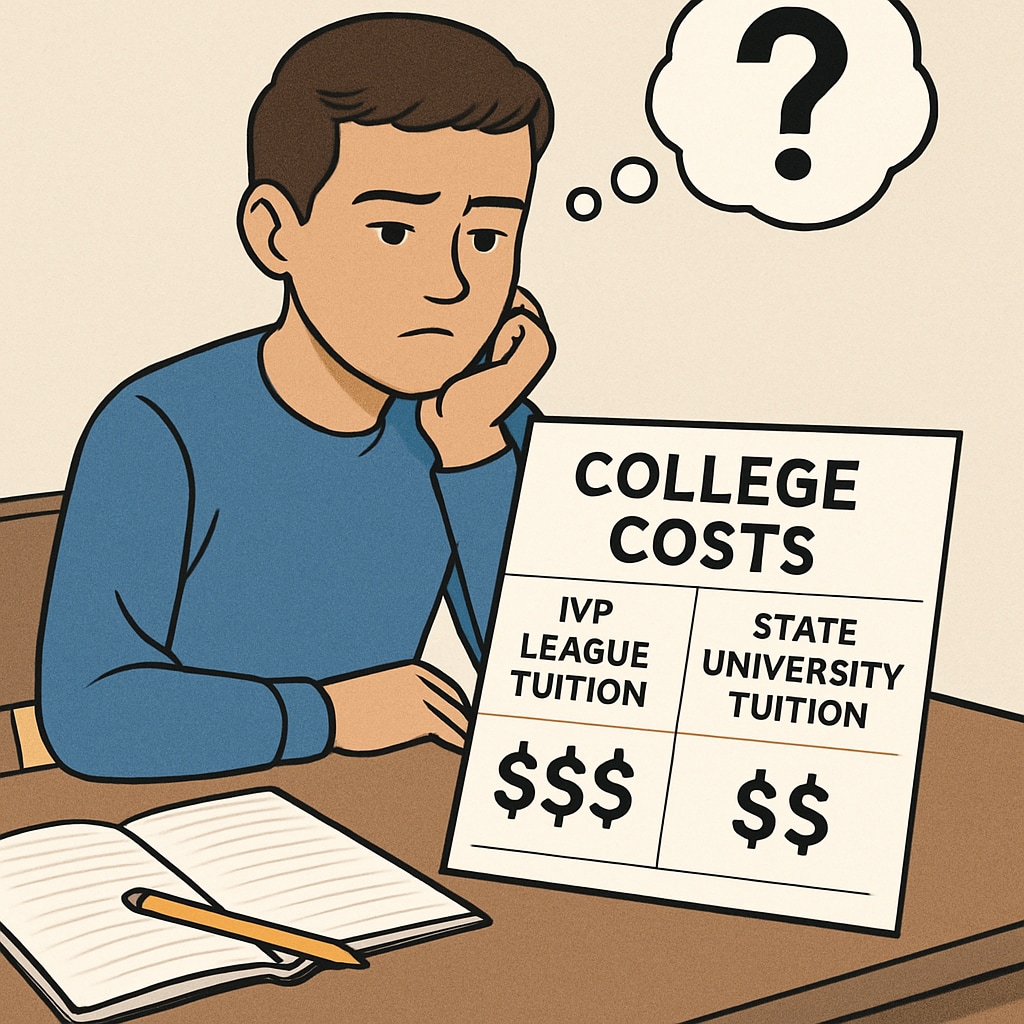Princeton University and other Ivy League institutions have long been symbols of prestige and excellence in higher education. However, the growing obsession with these elite schools has led many parents, students, and educators to overvalue their actual contribution to learning and personal development. This article dives deep into the myth surrounding Ivy League schools, particularly Princeton, to uncover whether this admiration is truly warranted in today’s educational landscape.
Understanding the Ivy League Obsession
For decades, Ivy League schools have been marketed as the pinnacle of academic success. Princeton, as a prime example, is often equated with guaranteed career success and unparalleled networking opportunities. However, this perception overlooks critical factors such as the accessibility, affordability, and applicability of such an education to the average student.
While these universities boast top-tier faculty and resources, their exclusivity creates an unrealistic standard for what constitutes “quality education.” For instance, Princeton’s acceptance rate hovers around 4%, making it a dream for many but a reality for only a select few. This scarcity fuels the narrative that Ivy League schools are inherently superior, ignoring viable alternatives like state universities and liberal arts colleges that often provide equally valuable experiences.

Are Ivy League Degrees Truly Worth the Hype?
One of the key selling points of Ivy League schools is the promise of robust career networks and higher earning potential. According to studies, graduates from institutions like Princeton do tend to earn more in their early careers compared to peers from non-Ivy schools. However, this advantage often stems more from the self-selecting nature of their student body—high-achieving individuals who would likely succeed regardless of their alma mater—rather than the inherent value of the education itself. For example, Wikipedia’s overview of the Ivy League highlights how these schools attract highly motivated students with strong pre-college achievements.
Additionally, the financial strain of attending an Ivy League institution is often overlooked. Princeton’s tuition fees, while partially offset by generous financial aid packages, still present a significant barrier for many families. For students who graduate with substantial debt, the supposed prestige of their degree may not outweigh the long-term financial burden.

Rethinking the True Goals of Education
Rather than chasing the prestige associated with Ivy League schools, parents and educators should focus on the fundamental goals of education: fostering critical thinking, nurturing creativity, and preparing students for real-world challenges. Public universities, community colleges, and smaller private institutions often excel in these areas, offering personalized attention, diverse perspectives, and practical experiences that Ivy League schools may lack.
Moreover, the emphasis on rankings and brand names detracts from the broader conversation about educational equity. In a world where access to quality education remains unequal, placing undue importance on a handful of elite institutions exacerbates the gap between privilege and opportunity. Britannica’s analysis of higher education underscores the need for inclusivity and innovation in modern learning systems.
It is time to question whether the Ivy League mystique is worth perpetuating or whether society should shift its focus to creating accessible, relevant, and transformative educational experiences for all.
Conclusion: Breaking Free from the Ivy League Myth
Princeton University and its Ivy League counterparts undoubtedly offer exceptional resources, but their value in the broader educational landscape may be overstated. As parents and educators, reevaluating our blind admiration for these institutions allows us to redirect our focus toward the true purpose of education: equipping students with the tools to thrive in life, irrespective of their alma mater’s prestige.
By challenging the myths surrounding Ivy League schools, we pave the way for a more inclusive and realistic approach to education—one that prioritizes substance over status.


